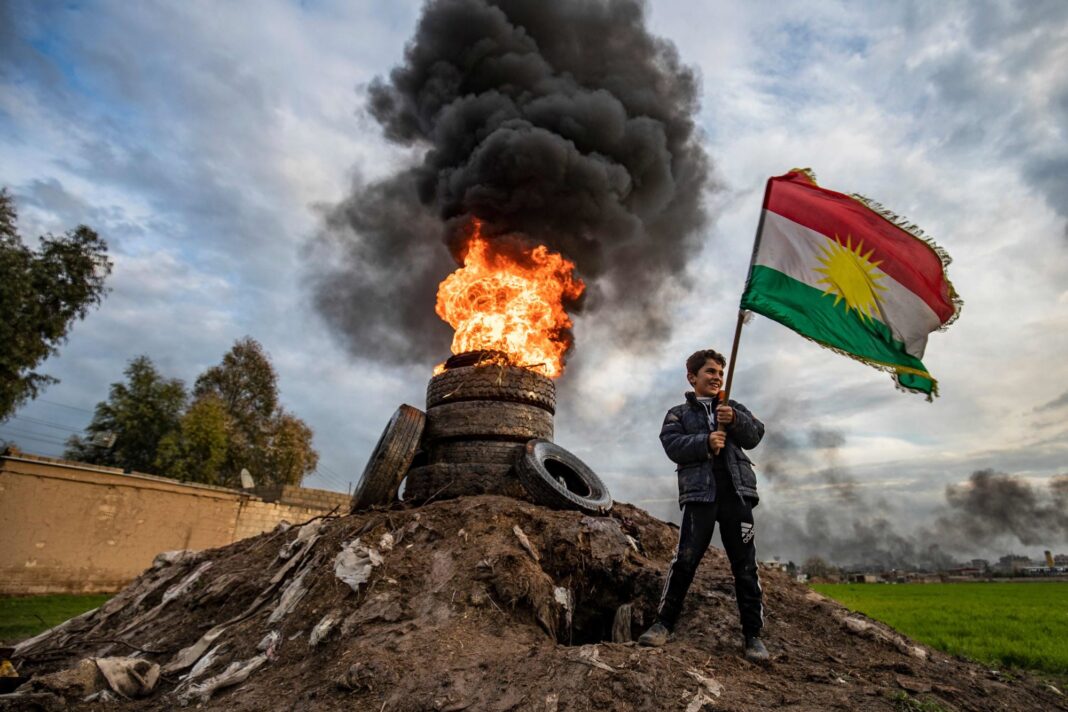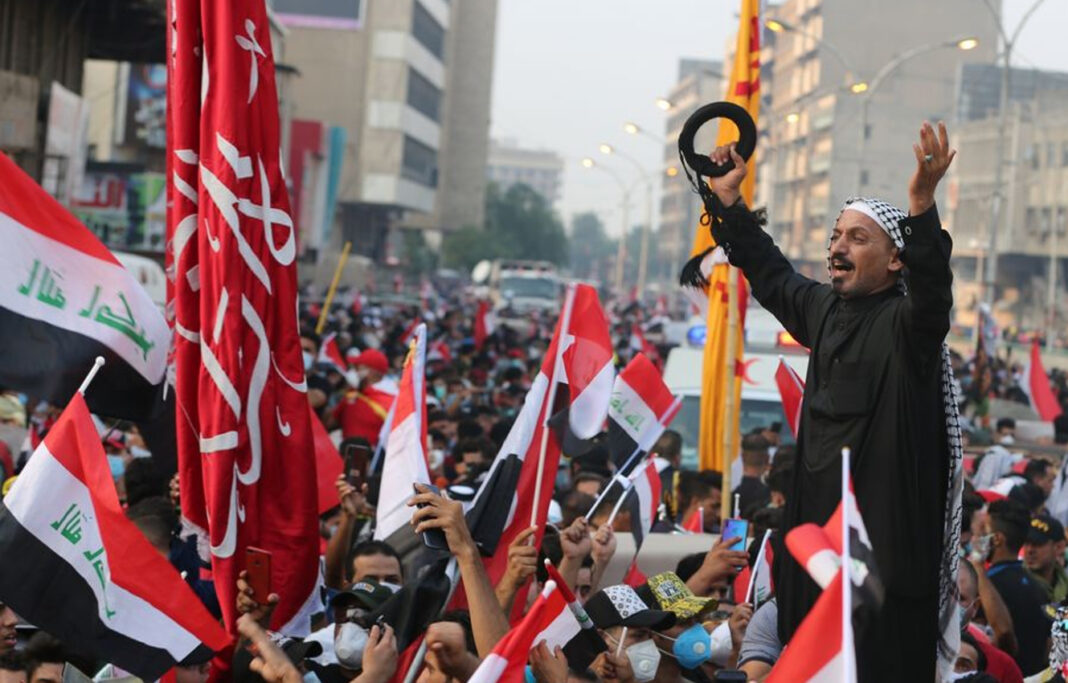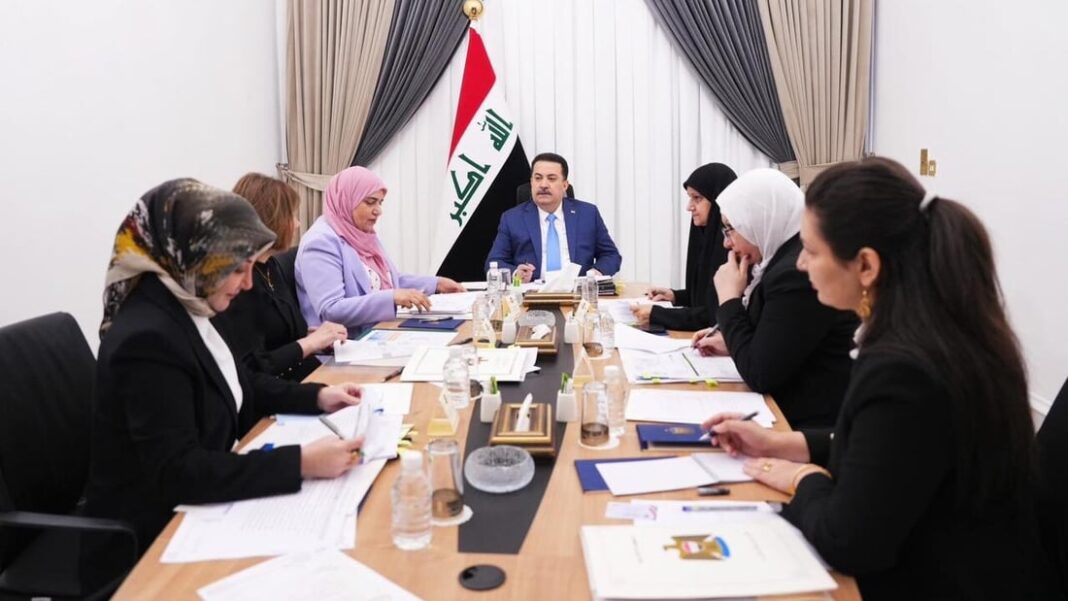Syria’s interim government excluded the Kurdish New Year from its official calendar again, despite rising recognition demands. On September 29, interim President Ahmed al-Sharaa announced Syria’s new holiday list. He marked March 21 — the traditional date for Newroz — only as Mother’s Day.
This announcement, published on the presidency’s official platform, came as Syrians in Damascus-held regions voted in their first post-Assad parliamentary elections. Kurdish officials and observers across Syria immediately criticized the move. Many accused the administration of sidelining minorities and tightening control through undemocratic measures.
The Kurdish New Year, also known as Newroz, is celebrated on March 21 and marks the first day of spring. It symbolizes freedom and resistance. Kurds in Syria, Iraq, Iran, and Turkey celebrate it with cultural pride. The Kurdish diaspora in Europe and the US also take part in the celebration.
Traditional Newroz festivities include bonfires, picnics, and community gatherings. Kurds often light fires on mountaintops or in open fields with loved ones. These customs symbolize a rejection of tyranny and a call for renewal.
Despite its deep cultural significance, the Syrian interim government has once again dismissed Kurdish appeals. Faysal Yousef, spokesperson for the Kurdish National Council (KNC), had urged Damascus to recognize Newroz officially. He demanded an end to discriminatory policies and called for genuine dialogue with Kurdish leaders.
“Recognition of the Kurdish New Year would be a meaningful act of goodwill,” said Yousef in a recent statement.
Unofficial estimates suggest that Kurds make up around 10% of Syria’s population, totaling between 2 to 3.5 million people. Yet, the new administration has failed to include their culture in the national identity framework.
Syria’s new holiday calendar includes 13 public holidays. These include Eid al-Fitr, Eid al-Adha, and the December commemoration of Assad’s fall. But there is no mention of Newroz.
The decision comes amid fragile relations between Damascus and the Kurdish-led Syrian Democratic Forces (SDF). While both sides signed a US-backed agreement in March, the terms have only been partially enforced. One key sticking point remains the integration of the SDF into Syrian military structures.
SDF leaders want to retain their current formations and roles. In contrast, the interim government insists on dissolving the force and integrating fighters individually.
This policy, combined with the dismissal of Newroz, is viewed by Kurdish leaders as an attempt to erase their identity. It also casts doubt on Damascus’ promises to respect human rights and meet international expectations.
Observers warn that such steps could deepen mistrust. They may also hinder efforts to create a united post-Assad Syria that embraces its diversity.
The Kurdish New Year remains unrecognized in Syria’s calendar — a decision likely to fuel further tensions in an already divided nation.



